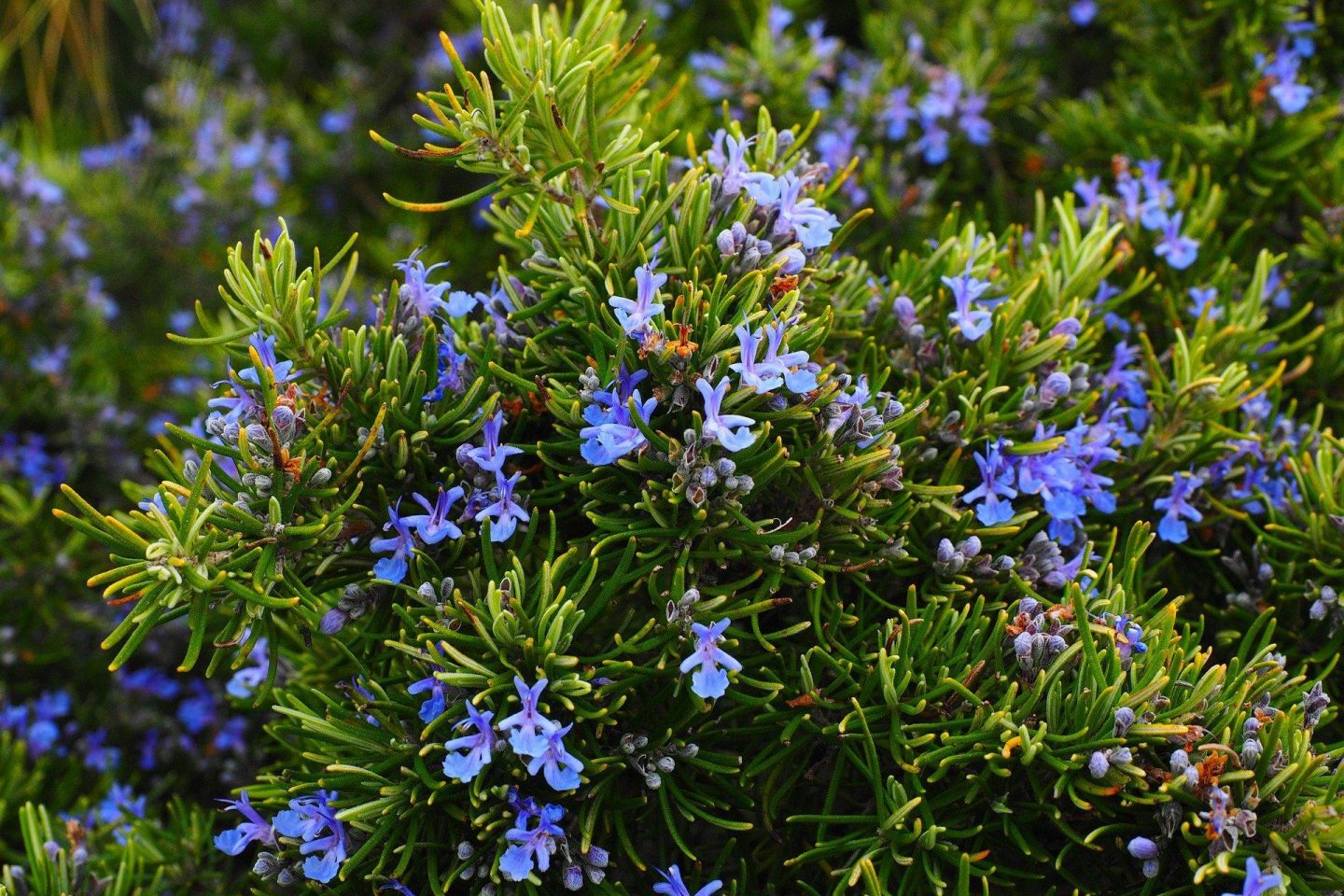Top tip
Foxgloves are not just slug and snail resistant – they are poisonous to them! They are also toxic for humans, so handle with care and don't try eating any part.

Available now on iOS and Android, helping you garden your way to better health
Find out more
Many gardeners will have experienced this. You lovingly put a new plant in the garden. Then, just a day or two later, you look at it only to discover the leaves are riddled with holes or the stem has been eaten down to the shortest of stalks.
The reality is, our beautiful gardens look mouth-wateringly delicious to all manner of creatures. And we all need to eat.
Even if you have the most wildlife-friendly of gardens, you probably don’t want slugs and snails chewing through everything. There are controls you can try to make your plants harder to get to. Or, you could include a good selection of slug and snail resistant plants in your garden.
I've spent the last 3 years trialling plants that survive the slug/snail massacre. This year even my young fruit trees were stripped of their new leaves.
RB, Gardening Club member
There are a number of reasons why some plants are not liked by slugs and snails. It could be their scent, the texture of the leaves, or even that they are toxic to them.
Based on our experience in our Thrive gardens and the input of our Gardening Club, here are some slug and snail resistant plants to try.

Slug and snail resistant perennial plants
Perennial plants will grow back again each year – for a number of years, at least. Growing these will give you a backbone of slug and snail resistant plants:
Foxgloves are not just slug and snail resistant – they are poisonous to them! They are also toxic for humans, so handle with care and don't try eating any part.
Slug and snail resistant annual plants

If you want to add colourful plants that won’t be chomped to bits, try growing these:
Slug and snail resistant trees
The good news is that most trees are likely to be ignored by slugs and snails.
Conifers are especially disliked. You could grow some dwarf conifers in containers, beds or borders.
This (2024) is surely the Year of the Slug and Snail! They have eaten all four of my courgettes and beetroot, they are after my marigolds and have feasted on the petunias and the canna leaves.
GM, Gardening Club reader
Slug and snail resistant herbs

Herbs are brilliant to grow in the garden for so many reasons. The scent, the sight – and the chance to use in cooking. They are also unpopular with slugs and snails. Try growing these:
The strong fragrance of many herbs is off-putting for slugs and snails. There are some herbs they will go for, including young basil and parsley.
Slug and snail resistant food crops
If you don’t want to share your dinner with our gliding friends, trying growing these crops:
Slug and snail resistant grasses

Most ornamental grasses will not be attacked by slugs and snails. Some popular types include:
Do you have a slug and snail free plant to add to this list? Or perhaps you’ve not had success with one of the plants mentioned here? Let us know! Send an email to info@thrive.org.uk